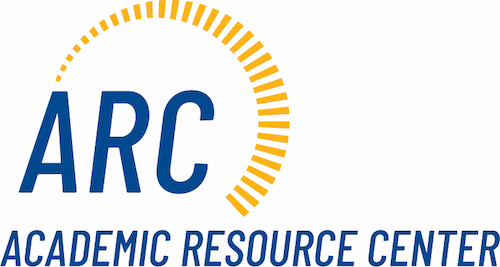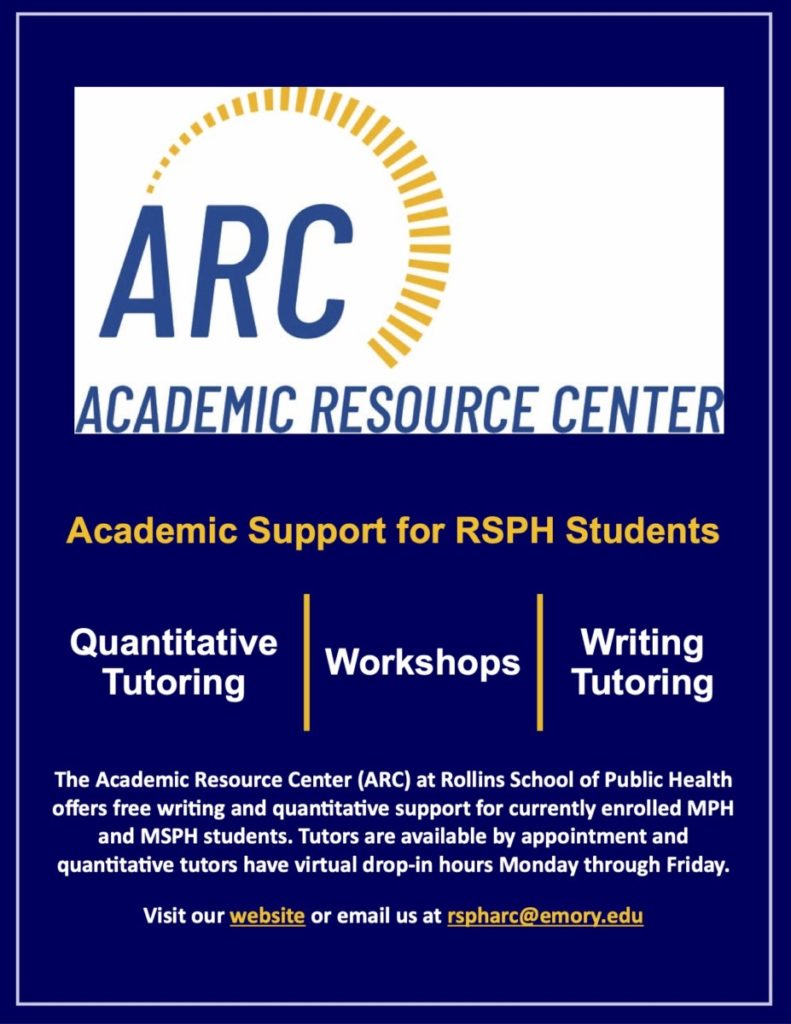Spring 2021 Master’s in Development Practice Courses
Category : Academic Student Opportunities
Description
The Master’s in Development Practice Program actively welcomes students from other disciplines to enroll in our courses, space permitting. Five slots have been specifically set aside for non-MDP students in the Spring 2021 courses listed below.
To submit your enrollment request please email rebeca [dot] quintana [at] emory [dot] edu. Be sure to include the class #, your student ID, and grading option where applicable (i.e., MDP 585 courses).
Available Courses
- MDP 505: Monitoring and Evaluation
- MDP 510: Gender and Development
- MDP 585R: Special Topics – Humanitarian Response Design/Management
- MDP 585R: Special Topics – Closing the Praxis Gap
- MDP 514R: Applied Development – Program Evaluation Overview
- MDP 514R: Applied Development – Data Management and Analysis
Click here to see a PDF with detailed descriptions and meeting information for each of the available MDP courses.













Recent Comments